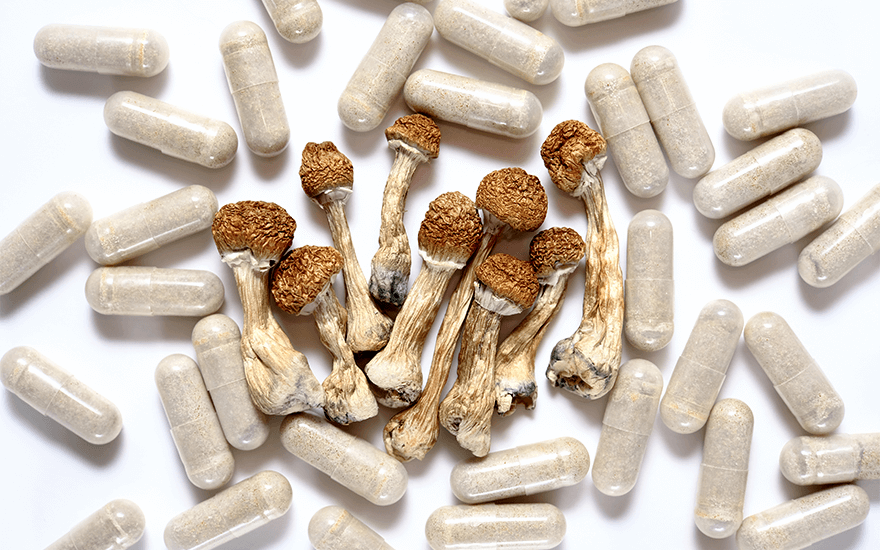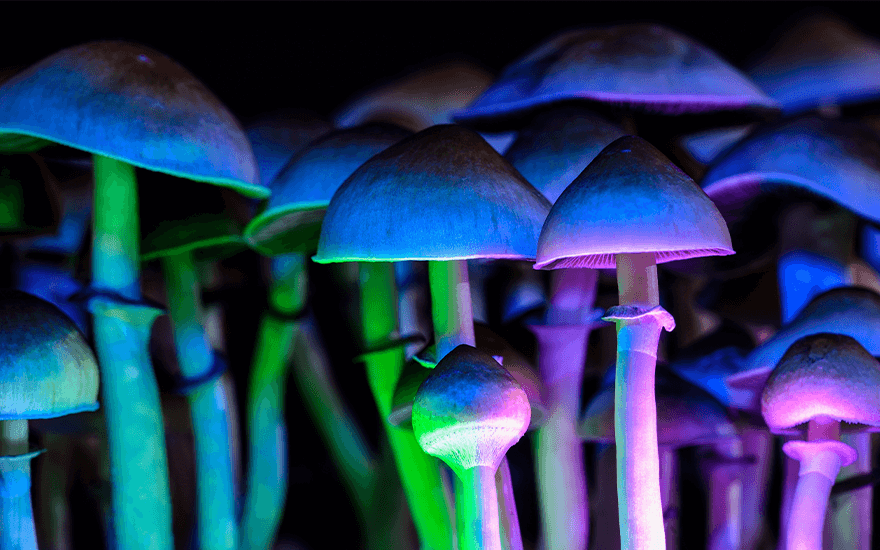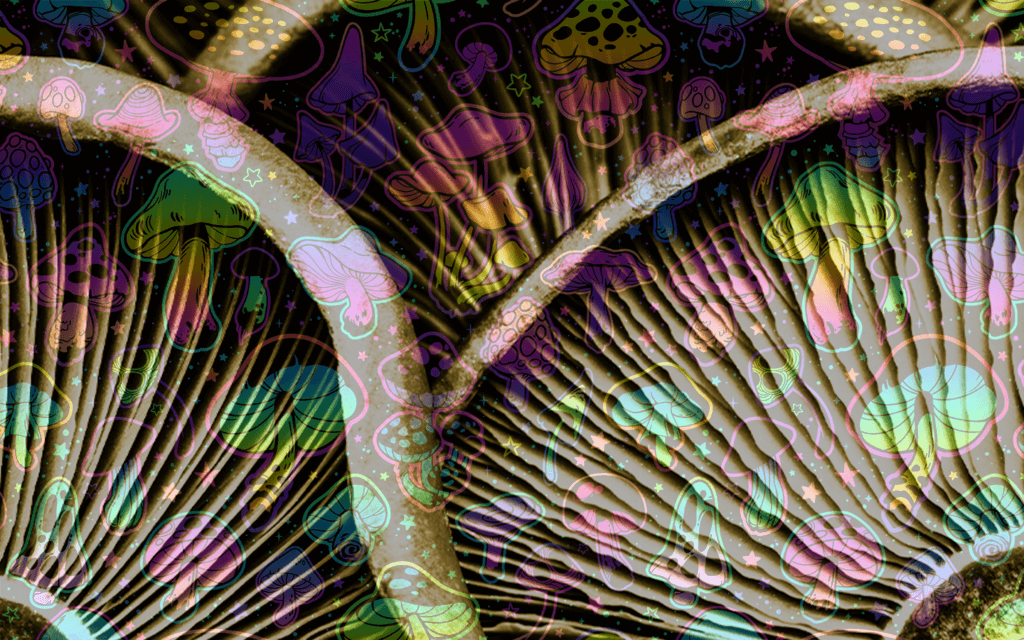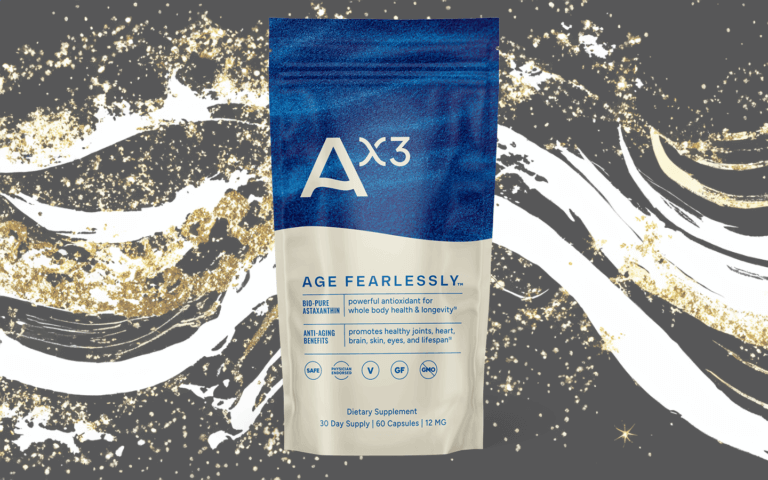By now, you should be familiar with the term ‘microdosing.’ If you’re not, it’s time to grab the lion by the mane and get to know your mushrooms.
Boosted brain power, peak physical performance, and slower aging are just three of the benefits apparently associated with adding a little magic to your palate.
And whilst studies thus far have been mainly conducted on animals rather than humans, all roads lead to green lights ahead for the likes of Wooooo Energy and similar mushroom-infused products.
But what’s the science behind the shroom boom, and how can you capitalize on the power behind the little funghi?
The benefits of ‘shroom’ infused drinks…
Dr. Lawrence Cunningham from UK Care Guide says:
“In my extensive experience working with alternative medicines and natural supplements, I’ve encountered a fascinating shift in how we understand and utilize functional mushrooms like Cordyceps and Lion’s Mane.”

“Cordyceps are exceptional energy boosters, known to significantly improve physical endurance and muscle strength, while Lion’s Mane is a powerful brain food,” he continues. “Used properly, these functional mushrooms can play a significant role in improving one’s quality of life, physically and mentally.
“I’ve seen athletes and even seniors with low stamina levels experience a noticeable difference in energy after consistently using Cordyceps mushrooms. They also contribute to managing blood sugar levels and maintaining heart health.
“Lion’s Mane mushrooms, or as I nickname them, ‘brain boosters,’ are widely praised for their role in cognitive enhancement. They support nerve growth and can help improve memory and focus.
“Another aspect I have noticed in my practice is the role Lion’s Mane plays in managing mood disorders. I often recommend this to individuals dealing with stress and anxiety, as it can help boost mood and encourage relaxation.”
Human ‘shroom’ trials…
Although most of the studies have been conducted on animals, scientists have carried out human trials to support these claims, with some encouraging results.
“Cordyceps facilitates adenosine triphosphate (ATP) production—the main compound which produces energy for the body’s cellular functions,” explains Dr Deborah Lee of doctorfox.co.uk
“In one study, thirty healthy volunteers took either a Cordyceps extract or a placebo for six weeks,” she reveals.
“Those who took the Cordyceps were found to have a 7% improvement in their VO2 max, as compared to no change in those who took the placebo.”
“Studies on mice indicate Cordyceps could help to reduce long-term chronic inflammation. In fact, studies using human cancer cells from the lung, bowel, and liver show that Cordyceps can inhibit cancer cell growth.
“The antioxidant effects of Cordyceps may explain its possible anti-aging effects. For example, in one study, mice fed Cordyceps lived 10 to 66 days longer than the control group. Cordyceps contains powerful antioxidants but was also shown to upregulate anti-aging genes. But whether these effects occur in humans isn’t yet known.
“Cordyceps has been used for years in Chinese Medicine in those with diabetes as it lowers blood glucose levels. Official studies have only been done on mice—but it seems to improve insulin sensitivity and, hence—lowers blood glucose concentration.
“Cordyceps could even lead to better sex. In a 2021 study in healthy and diabetic rats, those given Cordyceps were found to have improved ejaculatory behavior. Diabetic rats also had improved testosterone levels.”
Lion’s Mane research…

As with Cordyceps, most of the Lion’s Mane research trials have been done on animals and in the laboratory—not on humans—and we need more research for conclusive results.
That said, Dr. Deborah Lee turns our attention to a concise collection of studies that give these white bearded shrooms the thumbs up from us.
“Lion’s Mane boasts powerful antioxidant activity, which is vital to prevent damage from oxidative stress,” she says. “It has attracted particular interest as it may be a good option to counteract chronic systemic inflammation caused by obesity.
“Lion’s Mane contains compounds called hericenones and erinacines which cross the blood-brain barrier. These have beneficial properties on brain tissue by promoting the production of nerve growth factor (NGF), stimulating the production of brain-derived neurotrophic factor, improving cognition, and reducing brain inflammation.
“In humans, Lion’s Mane has been shown to reduce symptoms of anxiety and depression within four weeks. Also, it may play a role in preventing the onset of Alzheimer’s Disease and other forms of dementia—but this has yet to be established.
“In mice, Lion’s Mane improves the control of blood glucose levels. It inhibits an enzyme called alpha-glucosidase, which breaks down carbohydrates in the small intestines. Because it’s not possible to break the carbs down, it’s not possible to transport them into the bloodstream, which stops the rise in blood glucose after ingestion.
“Lion’s Mane also leads to improvements in the gut microbiome and is thought to improve gut immunity.”






